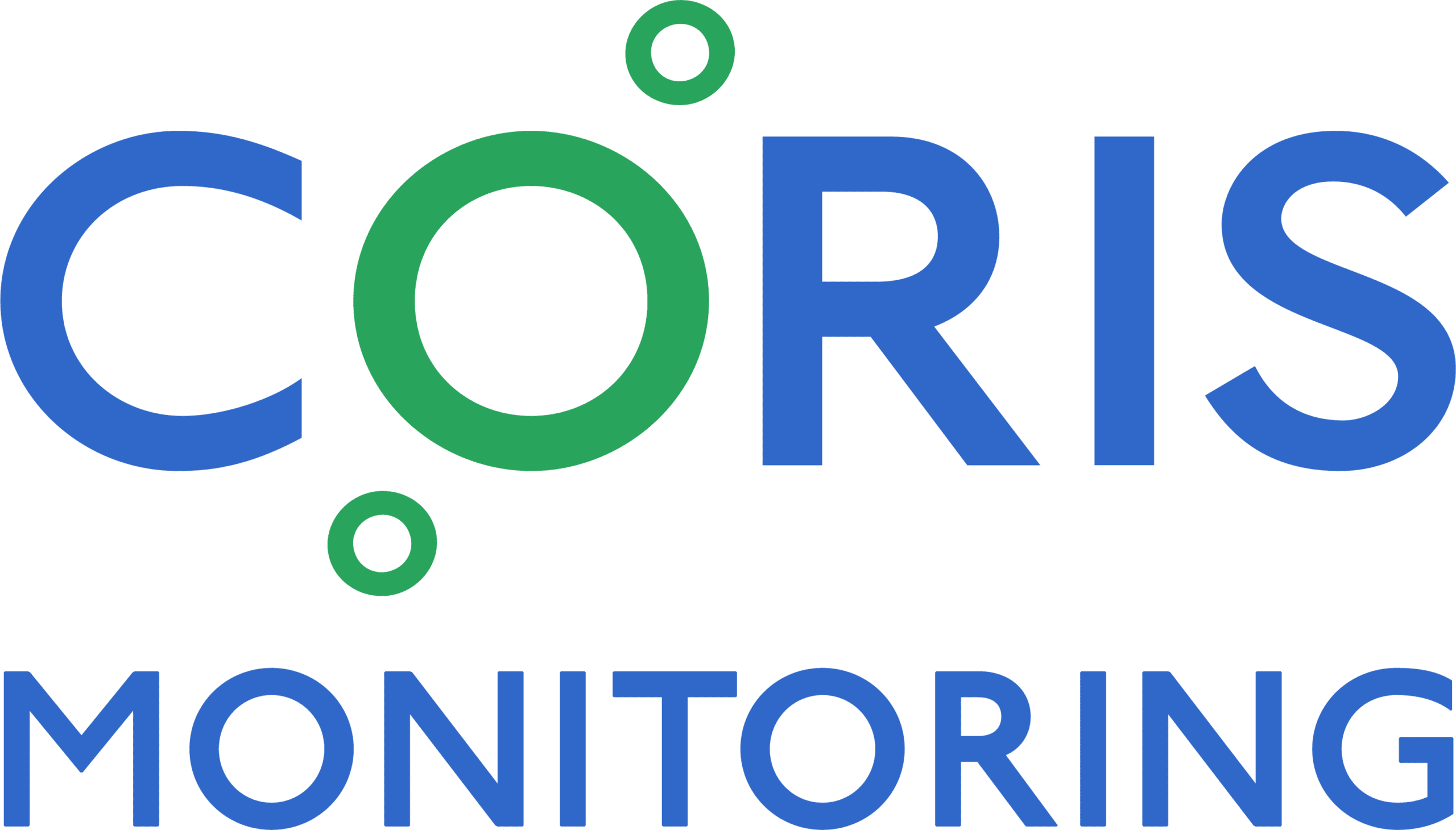You’ve made the decision to invest in temperature data loggers. Now, the question is which ones make the most sense for your application.
While the task can seem complex with the wide variety of options available in today’s market, zeroing in on the right parameters can help guide you to the best decision.
1. Accuracy in Measurements
Under any circumstance, temperature data loggers need to record reliable data measurements to deliver meaningful results. The level of accuracy required, however, can vary based on the environment in which the data is collected. For instance, a wine cellar or beer warehouse will have more room for temperature fluctuations, while a clinical lab will have stricter temperature regulations in place to monitor their cold storage devices — with calibration typically required to verify the accuracy of temperature sensors.
The accuracy of a temperature data logger begins with state-of-the-art design and construction. Ideally, the devices are robust enough to collect real-time temperature data every few minutes, with consistent communications enabled for reliable delivery of these sensor readings. And in the case when calibration is required, working with a logger vendor that can send you pre-calibrated sensors will ultimately save you time and costs.
2. Easy Accessibility to Data
The readings from temperature data loggers are only as valuable as their ability to be accessed quickly and when temperature excursions occur. While this is certainly true of data that pertains to resolving potential issues in an environment, the same can be said for data acquisition to verify the proper temperature storage of vaccines to the CDC or submit temperature histories to the FDA or other food safety agencies.
For optimal convenience, data from temperature loggers should be permanently stored on servers and made immediately accessible via both mobile devices and desktop computers. Ideally, these servers will be maintained and supported by your temperature data logger vendor so you can have the storage space you need to preserve historical data without the headache of IT maintenance. What’s more, the availability of automated reporting features further streamlines access to data that is relevant to your needs — whether that’s for compliance reasons or to keep stakeholders informed.
3. Prepared for the Unexpected
Here’s a statistic to consider: one in four companies experiences a power outage at least once a month. While the catalyst of these inconveniences can vary, from severe storms to heat waves, businesses that rely on temperature monitoring to keep assets safe can lose power for several hours — and without the right technology in place, lose data in that window of time.
Choosing data loggers with an internal battery option ensures temperature readings are still recorded when the power goes out. That way, when the power is restored, staff will have the data they need to prove assets — whether it be research samples, medications, food — were maintained at the appropriate temperatures during the outage, and thus their quality and safety has not been compromised.
4. Cost-Effective
As with any investment, price is a point of consideration in temperature data loggers. While you want to ensure you choose a high-quality system that meets your accuracy, data, and reliability needs — and subsequently provides long-term value — you’ll also want to think about how the cost is packaged.
In some cases, temperature data loggers will require an upfront investment for the hardware, with subsequent fees to provide the software and support ultimately needed to enable their use. The more optimal route is to find a vendor that bundles the hardware, software, and support into one monthly subscription fee. This all-inclusive type of package offers innate cost benefits, while saving you an upfront cost.
5. Paired with Comprehensive Support
Support is just as integral to the successful operation of data logging devices as the technology itself. After all, the frustrations of poor service and support can quickly overshadow the cheapest price. To this end, the customer service you can anticipate from a vendor is an important factor in your decision-making process as well.
Support should start with helping you understand the intricacies of the temperature monitoring system and, in cases where it’s needed, delivering installation assistance to get things properly set up. Just as important as those first steps is providing timely responses to service requests, so when emergencies like a power outage occur, you have a resource on-hand to help restore operations and keep your environment safe.
As a provider of temperature data loggers, CORIS delivers on all these fronts, combining state-of-the-art, robust technology with best-in-class-service — all at a competitive price. Learn more about how our system works, and connect with us if you’re ready to chat.





